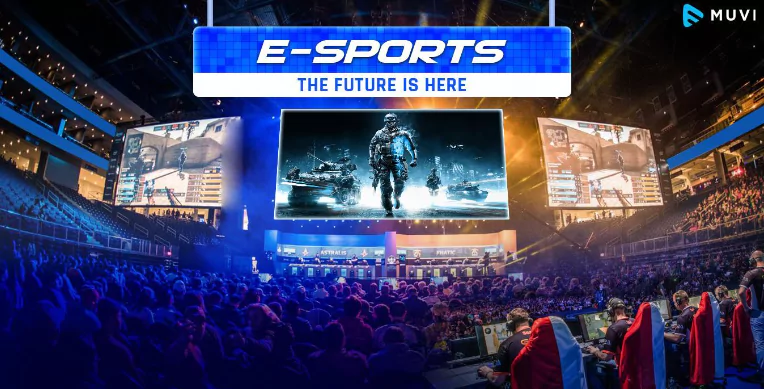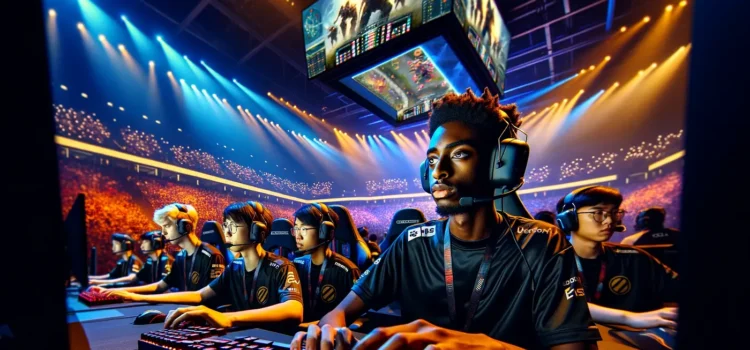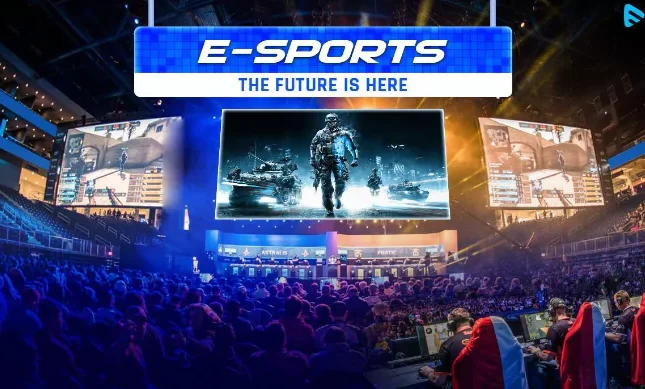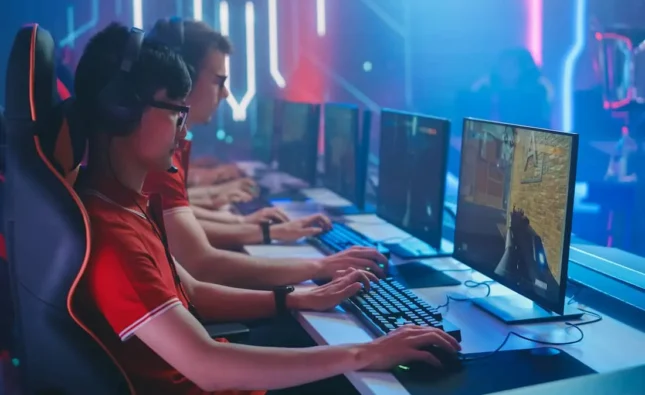
공유하다:
The esports industry is undergoing remarkable growth, establishing itself as a formidable force in the entertainment landscape. With viewership numbers soaring into the hundreds of millions for major events and revenues projected to reach $4.3 billion in 2024, the global impact of esports is undeniable. This rapid expansion offers a wealth of opportunities that go beyond the confines of competitive gaming, presenting diverse career paths for individuals passionate about this dynamic field.
Esports, short for electronic sports, blends the excitement of competition and the thrill of victory with the digital realm. The concept originated over two decades ago in South Korea, which is often referred to as the “laboratory of esports.” Players engage in organized competitions involving popular titles such as League of Legends and Dota 2, captivating audiences worldwide. The structured nature of esports not only enhances the competitive experience for gamers but also fosters a community of enthusiastic fans and professionals who contribute to the industry’s overall success.
The Structure of Professional Esports
The allure of professional esports lies in its well-organized structure, which provides multiple avenues for athletes and teams. Various leagues and tournaments create environments for gamers to showcase their skills while immersing themselves in a vibrant community.
Leagues and Tournaments
Leagues function as the backbone of competitive gaming, offering structured seasons where teams compete for supremacy. Examples include high-stakes competitions like the Overwatch League (OWL) and the Valorant Champions Tour (VCT). These leagues serve as proving grounds for aspiring esports athletes, culminating in playoff formats that crown champions. Conversely, tournaments like the League of Legends World Championship provide global stages for elite teams to vie for significant prize money. The participation of gaming giants, including Nintendo, further amplifies the excitement with their own series of tournaments featuring iconic titles such as Super Smash Bros. Ultimate.
Team Dynamics and Competitive Formats
In esports, teamwork enhances the gaming experience, reflecting the social nature of modern gaming. Professional teams consist of dedicated athletes who train rigorously to hone their skills, while academy teams nurture amateur talent. Each team member typically plays a specific role, whether as a damage dealer, support, or strategist, contributing to the overall success of the squad.
The competitive landscape is diverse, catering to various gaming preferences. Individual competitions allow players to shine solo, showcasing their skills in bracket-style tournaments. The Evolution Championship Series exemplifies this format, where remarkable moments, like Daigo Umehara’s legendary comeback in Street Fighter III, have solidified players’ legacies.
Team-based tournaments demand exceptional coordination and communication, with events generating significant interest and revenue. For instance, the 2023 League of Legends World Championship attracted over six million viewers and packed the Gocheok Sky Dome in Seoul, highlighting the widespread appeal of competitive gaming.
Key Roles in the Esports Ecosystem
The esports industry thrives not only due to its star players but also because of a diverse ecosystem filled with essential contributors. These roles encompass various functions that collectively sustain the competitive gaming landscape.
- Players: Often referred to as athletes, players compete in individual or team-based events, showcasing their gaming prowess.
- Coaches: Responsible for strategy and training, coaches analyze opponents and prepare their teams for competition.
- Team Managers: Distinct from coaches, team managers oversee league participation and sponsorship opportunities, ensuring the team’s success.
- Content Creators and Streamers: Many professional gamers also engage in content creation and streaming, generating revenue through their online presence.
- Analysts: Working behind the scenes, analysts leverage data to derive insights and strategies, offering teams a competitive edge.
- Casters and Hosts: Knowledgeable commentators enhance the viewing experience, balancing the needs of both novice and expert audiences.
- Event Organizers: They orchestrate large-scale esports events, coordinating logistics, bookings, and sponsorships.
Sponsors and Advertisers: Partnerships with sponsors help support athletes and teams, providing essential resources and financial backing.













